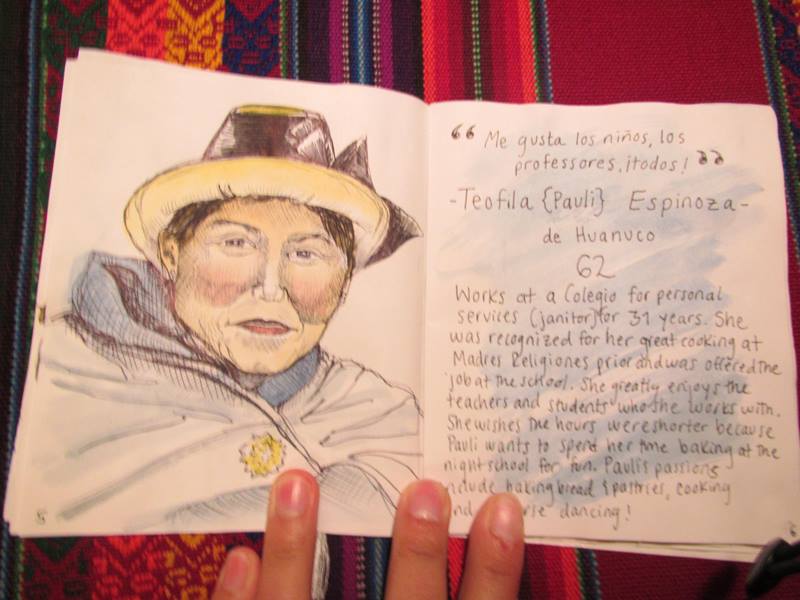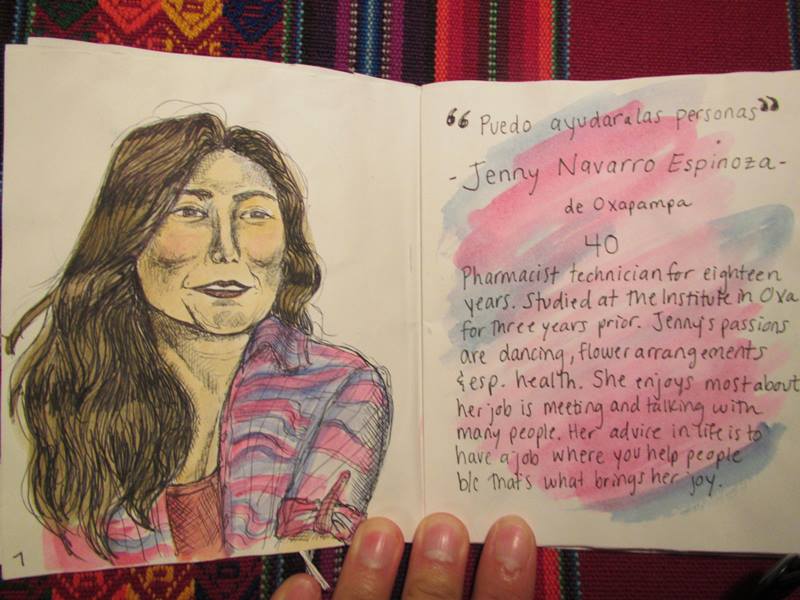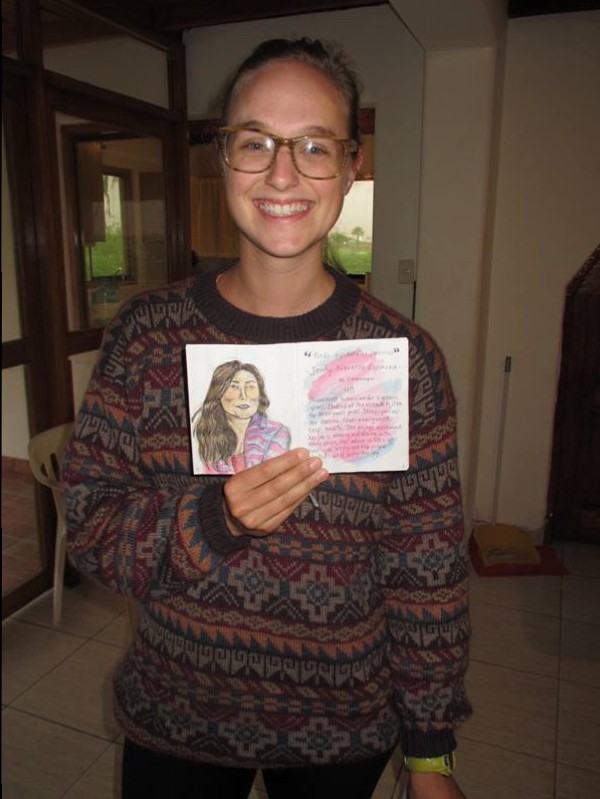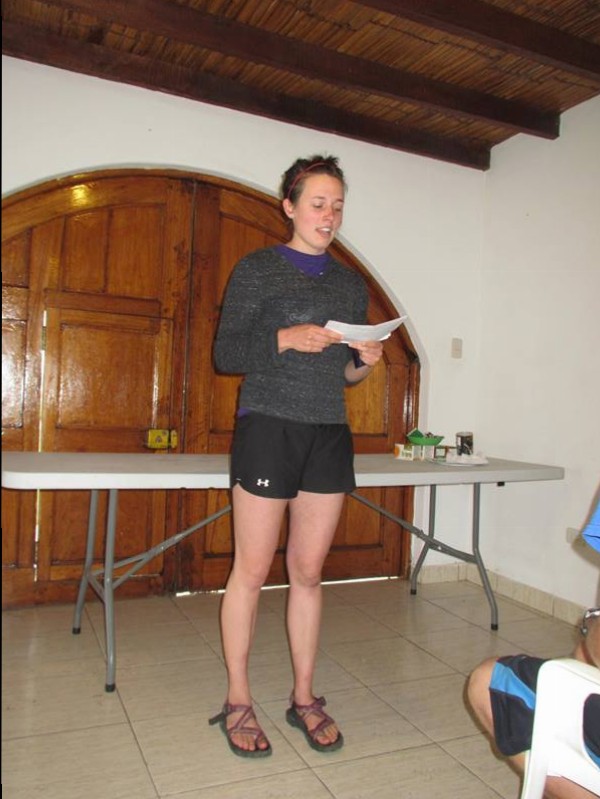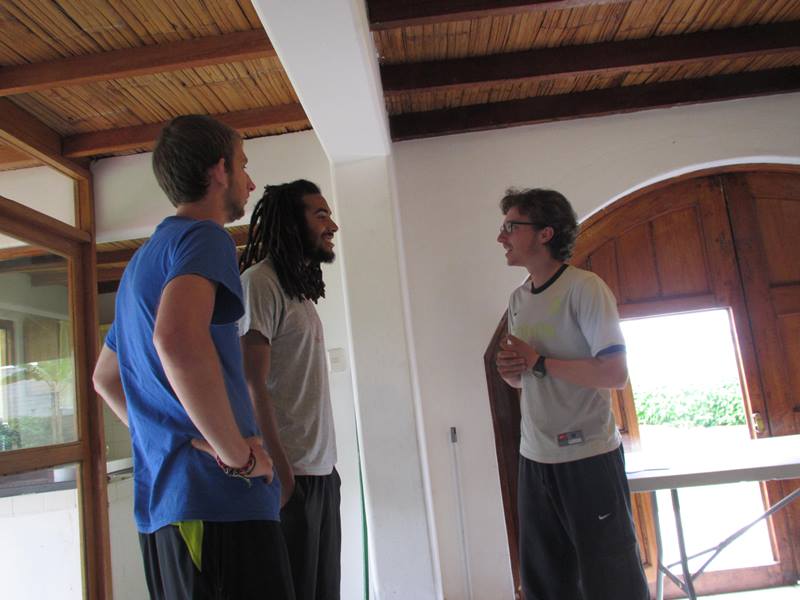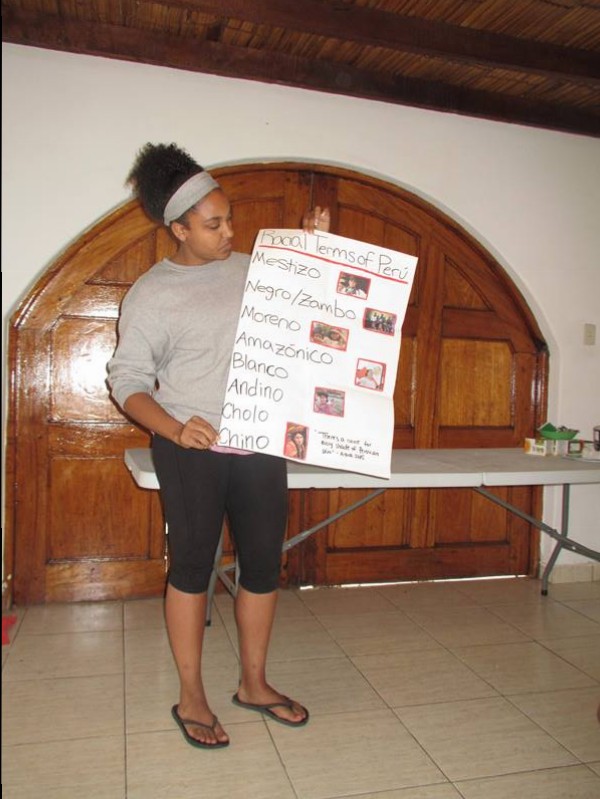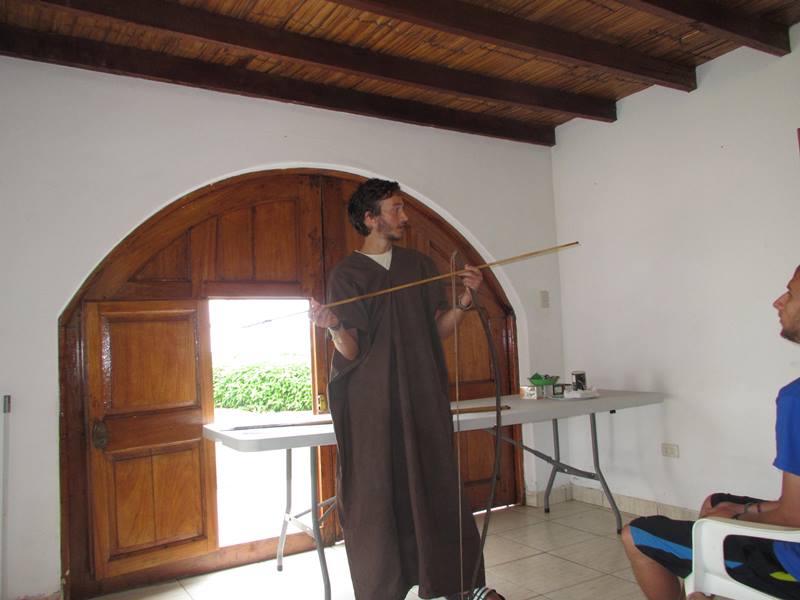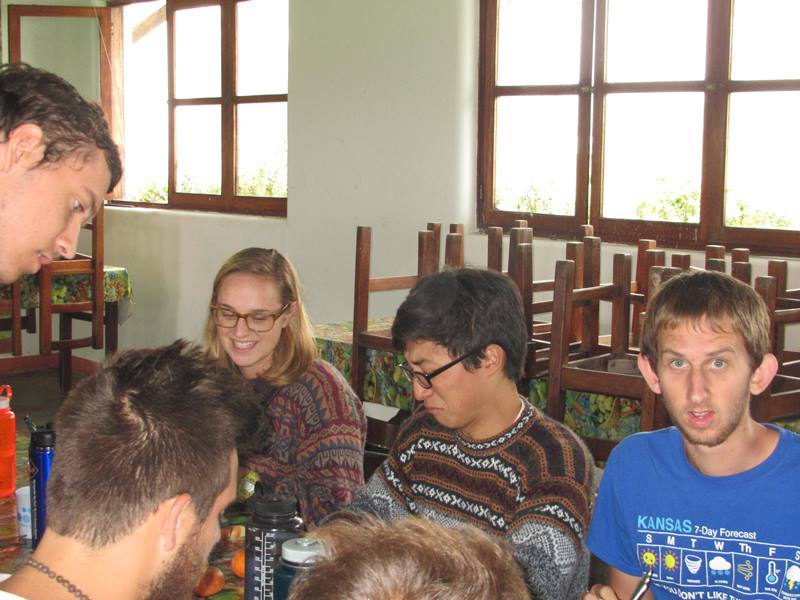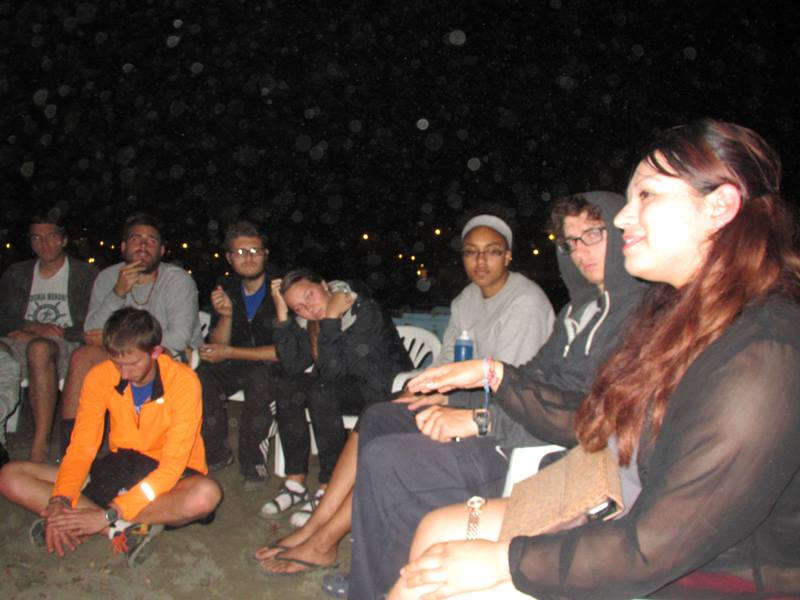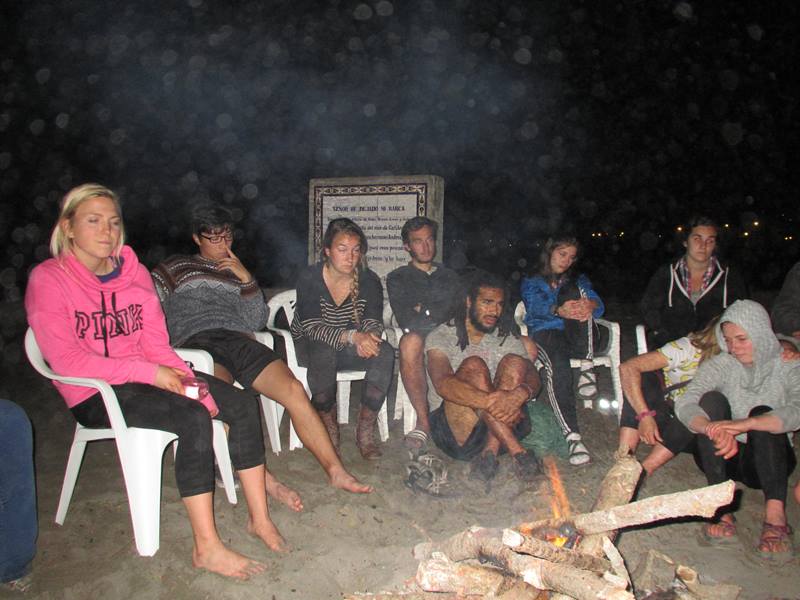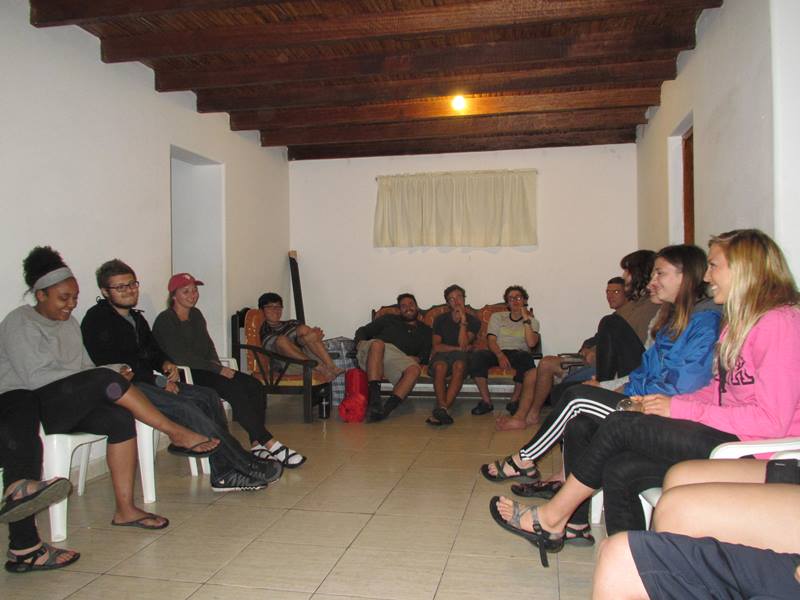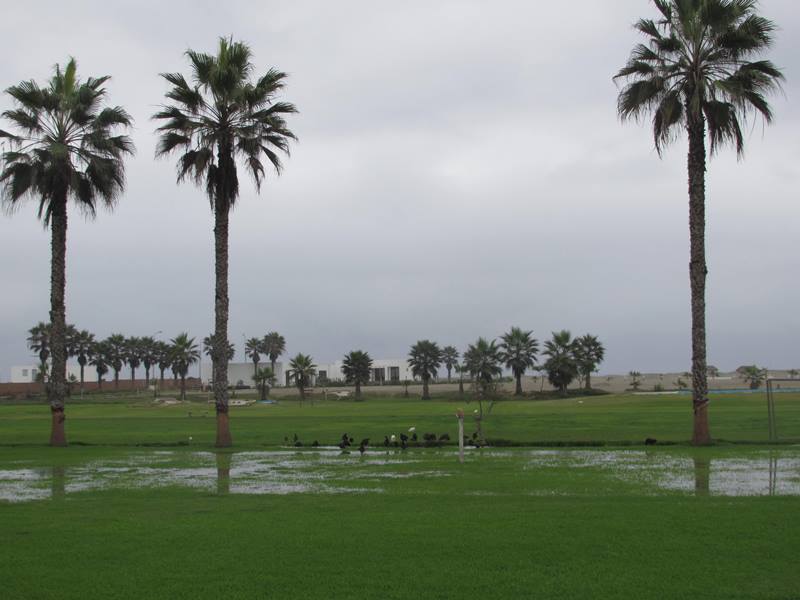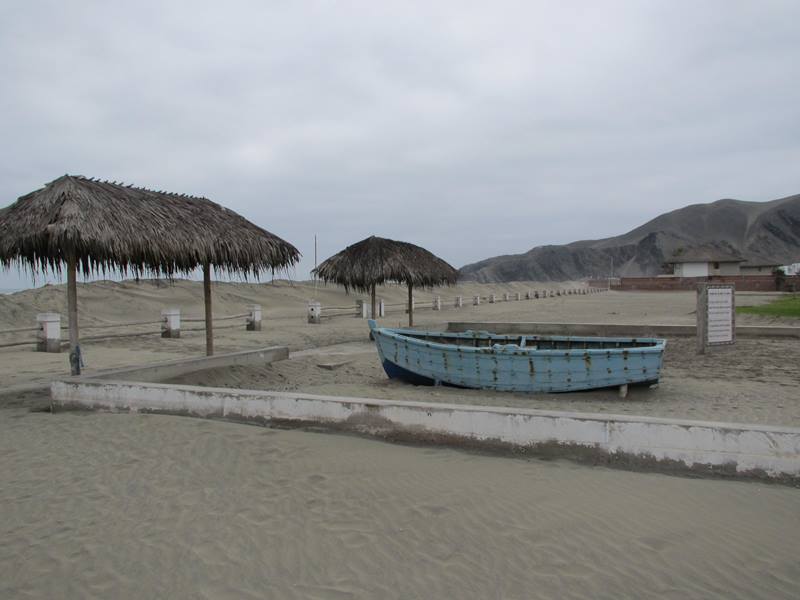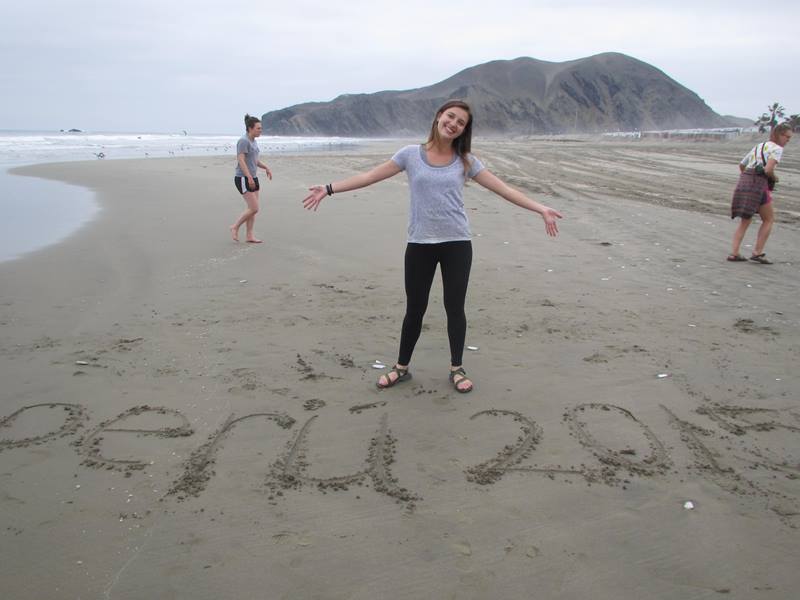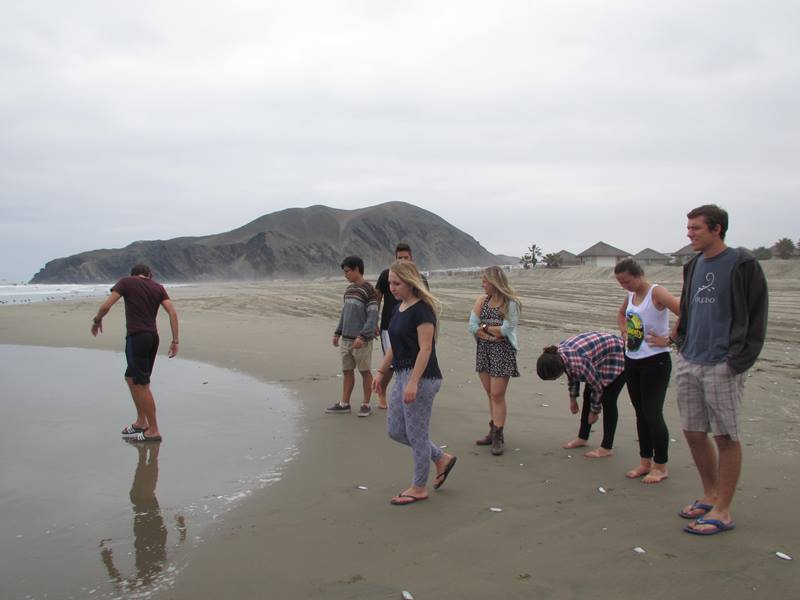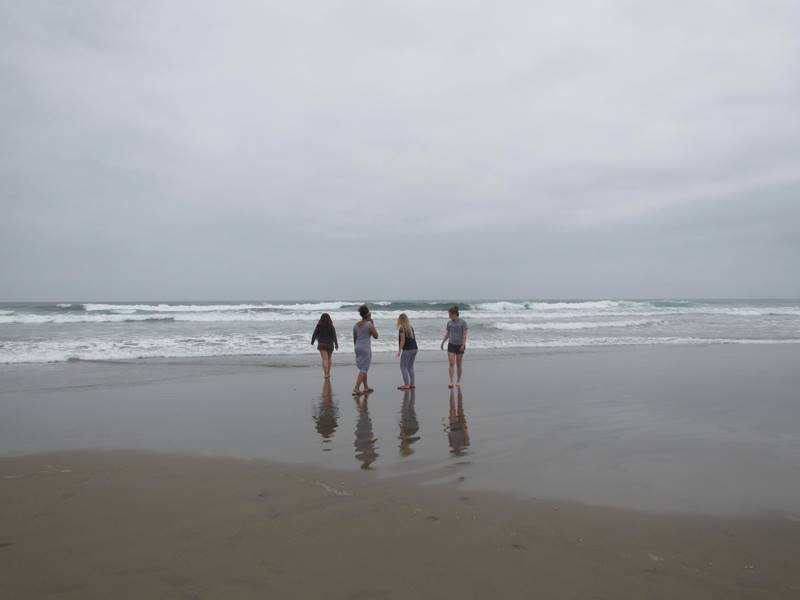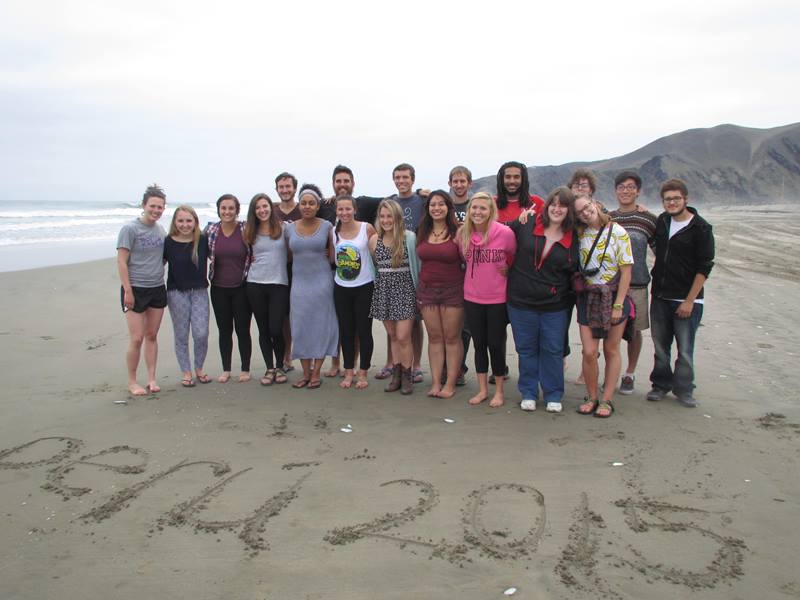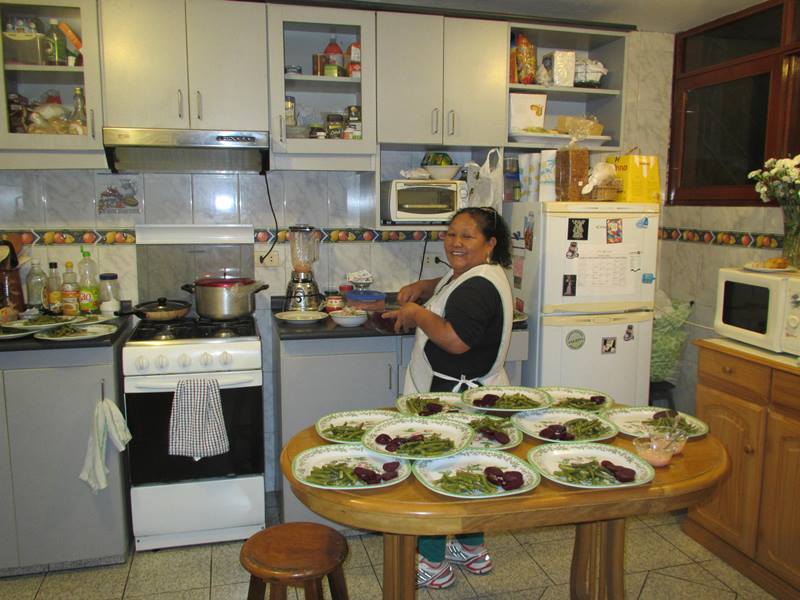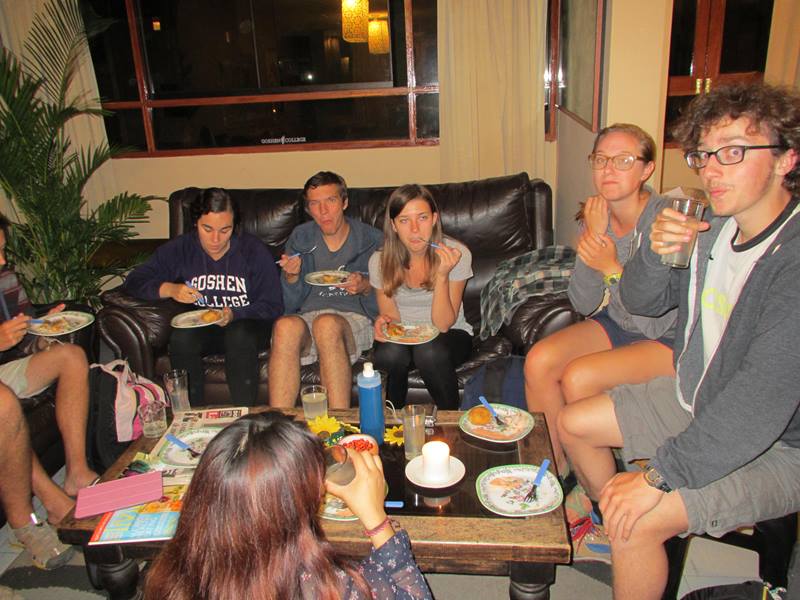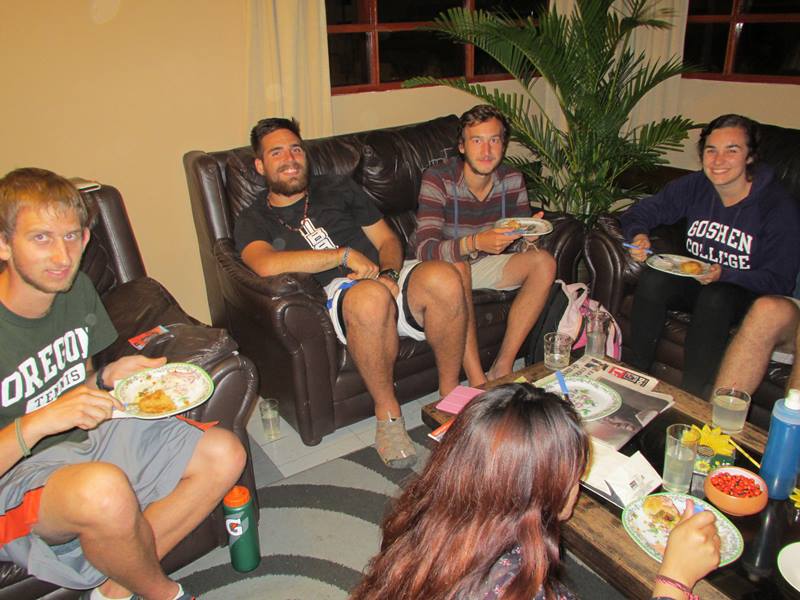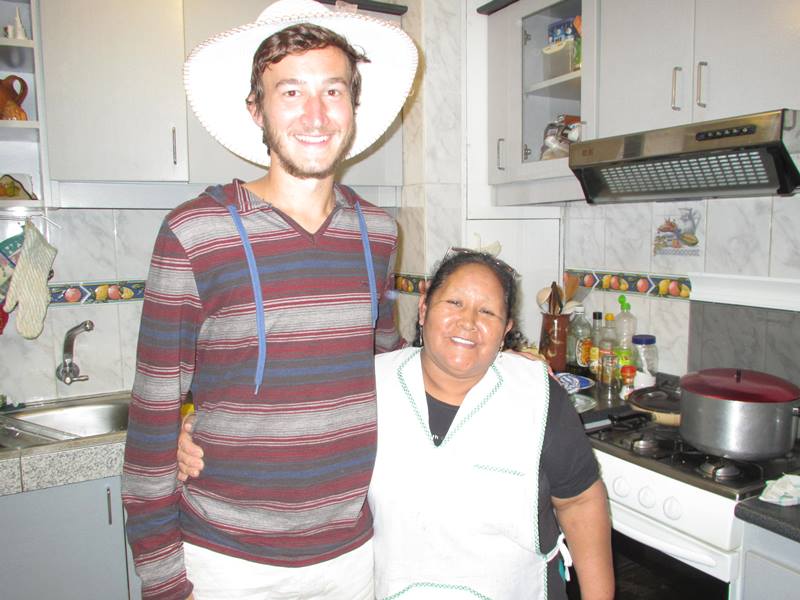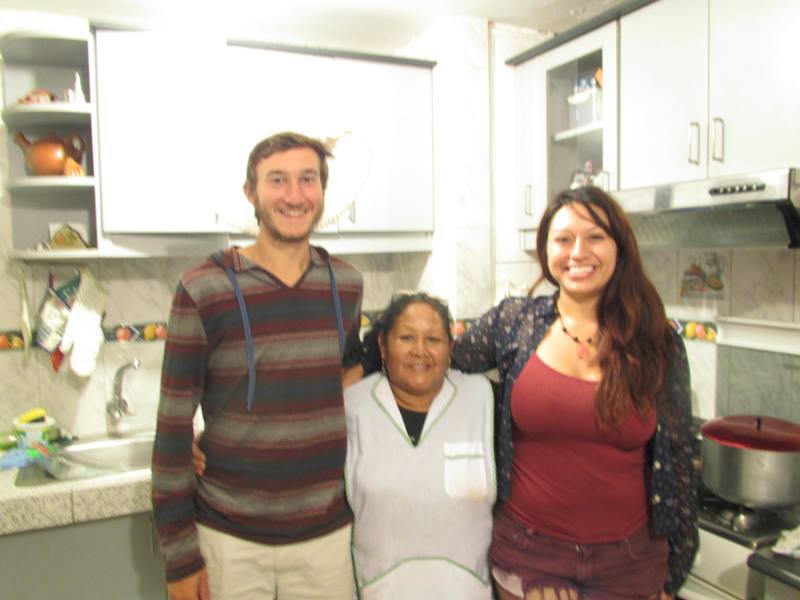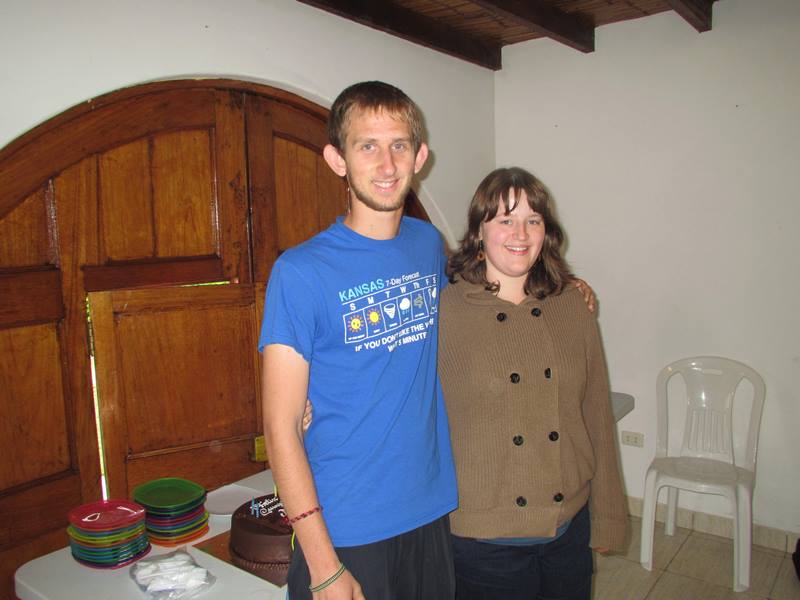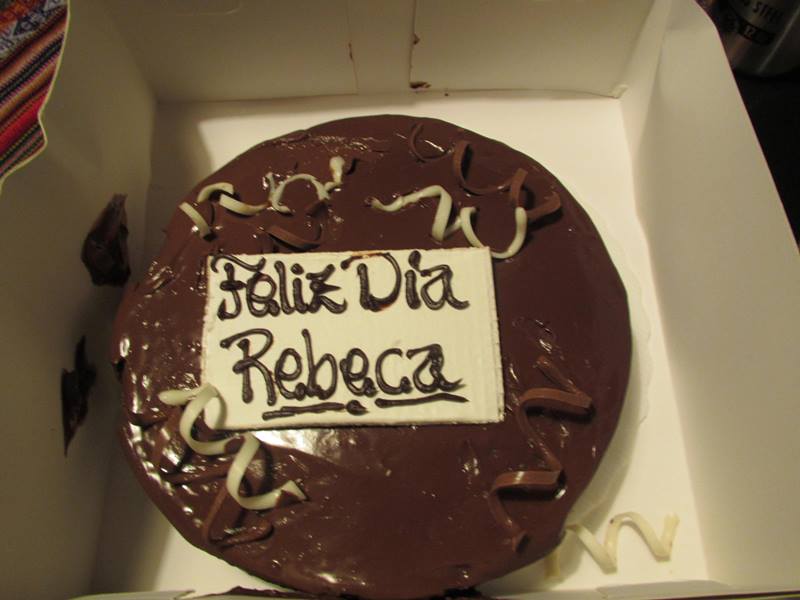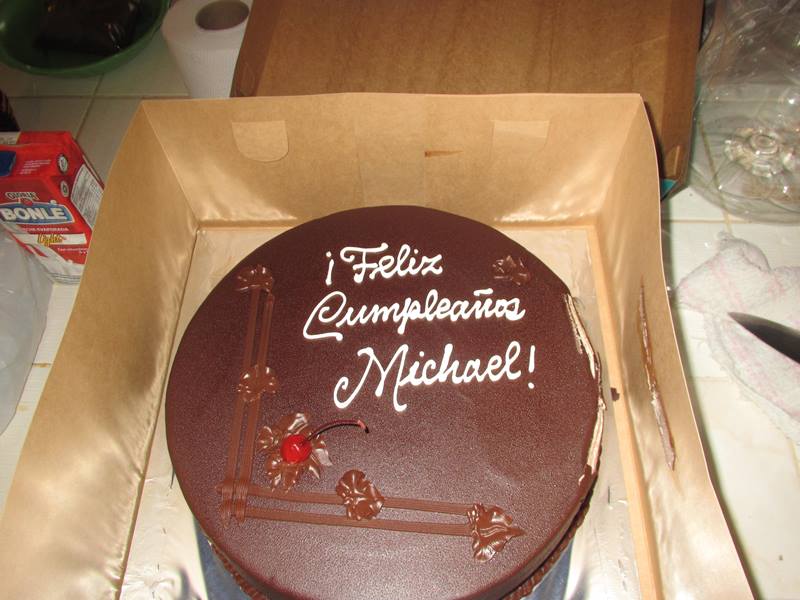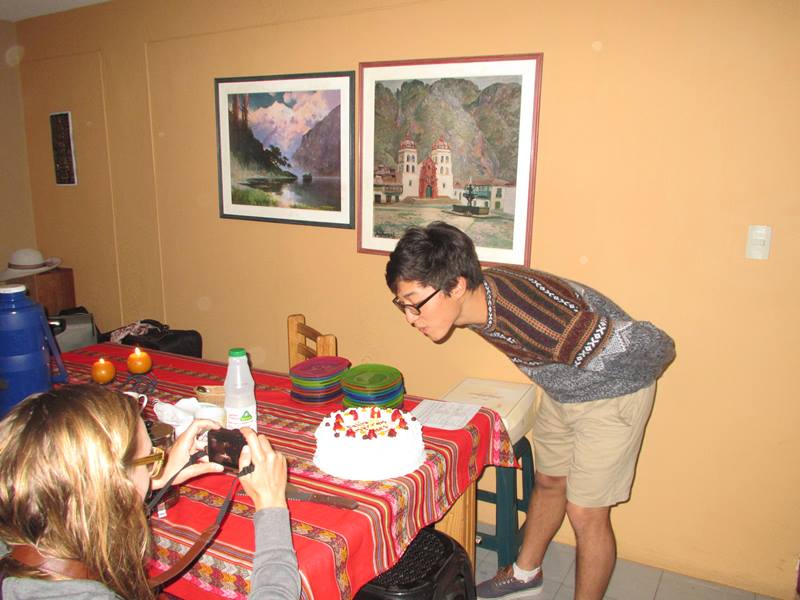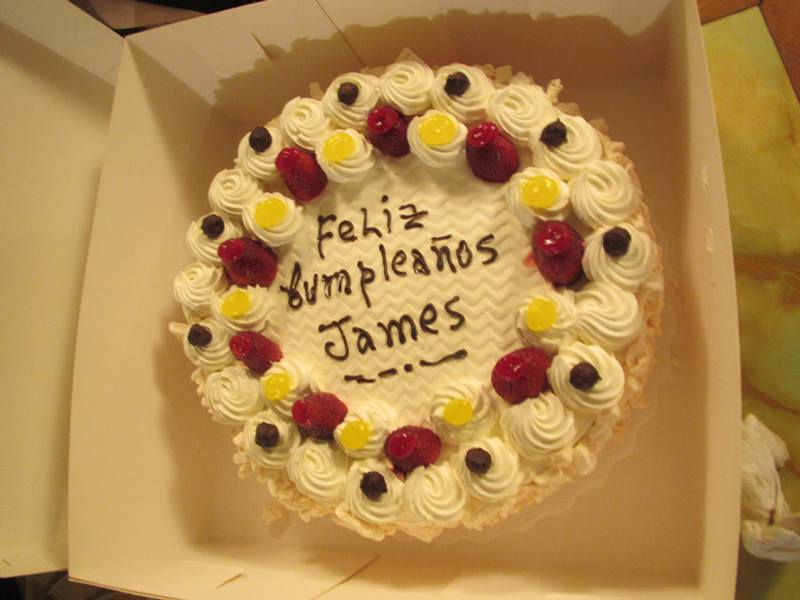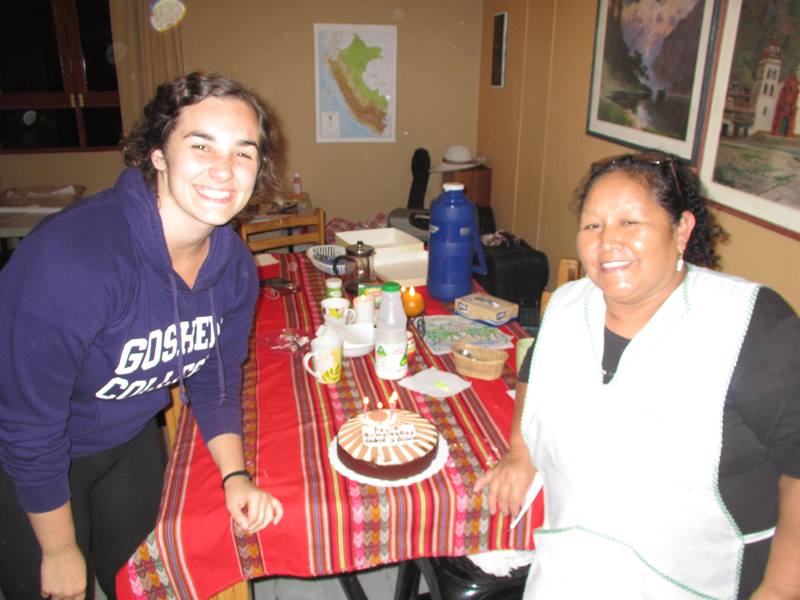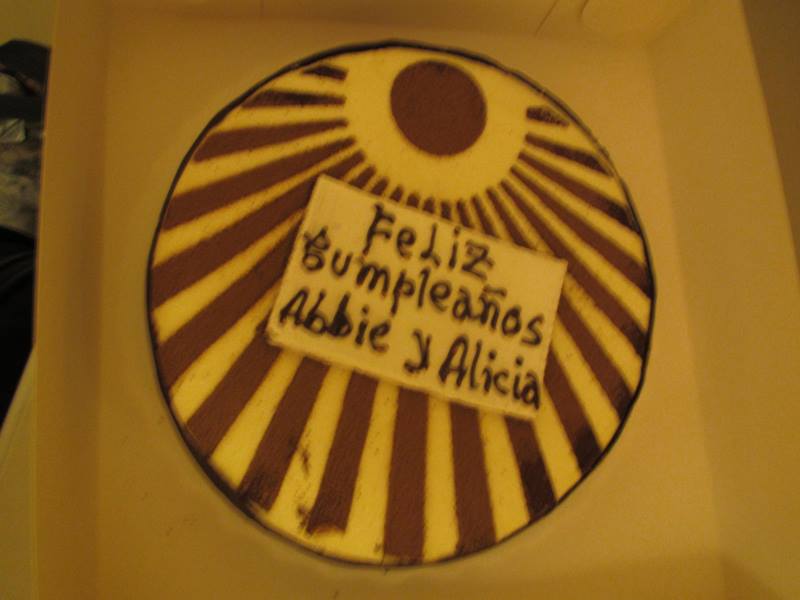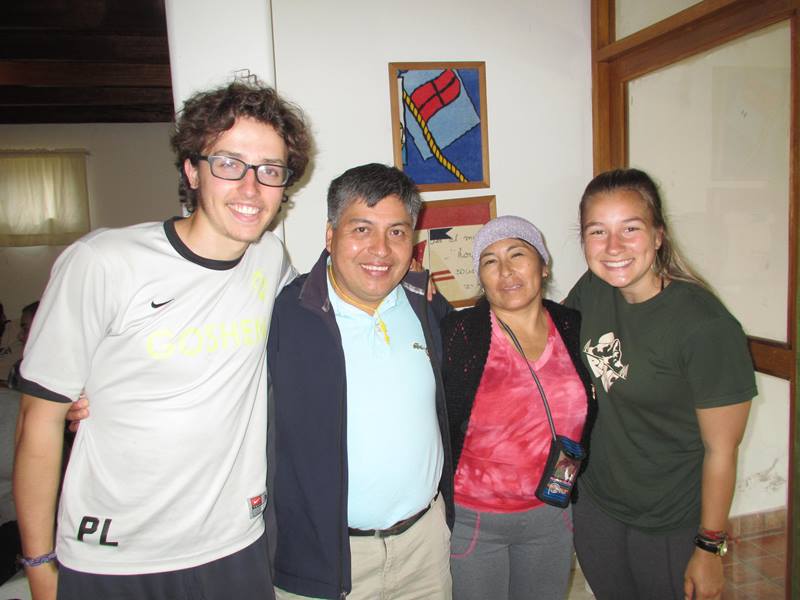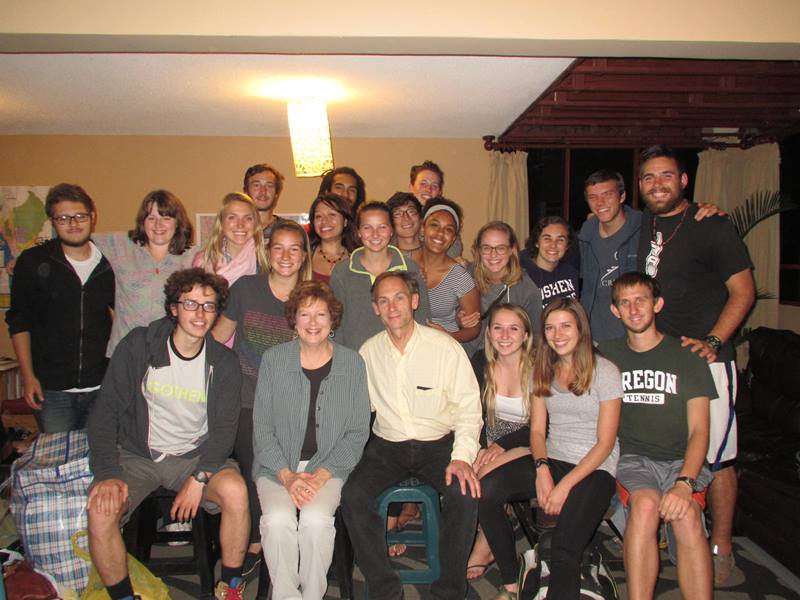Sharing Research and Good Company
By Karen and Duane Sherer Stoltzfus
Peru SST Co-Directors, 2014-2015
After six weeks of service, with intense experiences at farflung locations in the mountains and in the jungle, it was very good to be together for two days along the coast.
We had our retreat at Kawai, a church camp about an hour and a half south of Lima.
On the first evening everyone had a chance to share something of their service, presented in a small frame of 10 to 15 minutes. Slowly we made our way around the circle, and by the end, we had a sense of being in a sacred space, privileged to be together.
The following day, a Saturday, was devoted largely to presenting the findings of the research projects that students carried out while on service.
Through interviews and other research methods, they explored natural medicine, race, special ed, English ed, music in Ayacucho, Mennonite churches around Cusco, perceptions of dreadlocks, health care and education in Vito, the raising of coffee, governmental and nongovernmental programs to address poverty, fish farms, and more.
One student added a second project, seeking to complete a hydroelectric generator in Lucre that had been started by a fellow student earlier in the year. On the last day of service, Alberto was able to draw current from the Lucre River. The generator was built from scrap metal and nails, a misshapen bicycle rim, plastic soda bottles and other castaway items.
On Saturday night, we enjoyed a bonfire and s’mores, listening to the pounding surf. We gathered for worship on Sunday morning, enjoyed a coffee break, and then focused on re-entry back in the States.
That evening, at Casa Goshen, before leaving for the airport, we enjoyed a final supper prepared by Alicia (papa rellena, chicken, rice and salad) and two birthday cakes (thank you, James, Abbie and Alicia).
You arrived with some expectations about what SST in Peru would be like. In what ways did the experience meet your expectations and in what ways was it different from the reality?
- How sharp is the contrast between Lima and the rest of Peru.
- I expected the first week of service to be most challenging, and it was.
- I thought SST was supposed to be hard. I ended up having to graciously receive so often and I had so much fun and made so many memories that I forget SST is supposed to be hard.
What surprised you most about Peru or Peruvians?
- Their willingness to be vulnerable with me, a guest.
- The diversity. Each part of the country is completely unique in landscape, culture, food, language, people, stories and experiences. I never got tired of learning new things and meeting new people.
- In Vito, there weren’t many comforts. It was an impoverished town, with seemingly little to take joy in. I was surprised then by how real my little host sister’s laugh was. I didn’t know there was such a thing as a quality in laughter. Much like comparing the taste of a home-grown garden tomato to a tomato in the supermarket, Leydy’s laugh was on another level. Her laugh was full and throaty and genuine. It was contagious. It was like I was re-taught how to laugh.
What was the single biggest highlight of your time in Peru?
- My biggest highlight was being able to give stitches and work in a clinic.
- Lucre opened my eyes, heart and spirit because I was able to experience poverty and learn the true meaning of love.
- Unanswerable
- Spending time in ancient ruins in the mountains.
- This question is good for a tourist trip but does not capture the deepness of our time here. There were very joyful times, places of deep contentment, and sore stomachs from laughing so hard. These things are not a specific highlight but instead come from actually living in the country, with the people, and with yourself.
- Final retreat — sharing as a group. It was amazing to bring so many stories, thoughts and emotions together and see the similiarities of our vast experiences.
- The final retreat on Friday night, listening to everyone’s stories. I felt a sense of connection as if a string were being strung betwen us, going around the room, tying us together.
- I think my favorite part was seeing the Incan ruins. I was a child again and I was filled with wonder, excitement and giddyness, seeing the giant rocks impossibly carved and raised into the mountainside. I relearned how to appreciate life with wide eyes, a mouth hanging open and a laugh breaking out unexpectedly. Somewhere along the way in my American life I’d forgotten that.
What was your biggest challenge on Peru SST?
- Being patient and learning to cope with things that make me uncomfortable. Our joke at the beginning of SST was “Well, this is what’s happening,” and it stayed in my mind throughout.
- My biggest challenge was feeling helpless. Seeing other families suffering and knowing there was nothing I could do about that. What I learned was that I may not be able to make a big difference, but at least I can make a start, by helping one family.
- Reconciling my position of privilege in a community that has nothing led me to face the feeling of hopelessness.
- The first two days of service, when I felt lonely and isolated.
- I became more aware of problems of poverty and domestic violence. My biggest challenge was knowing about these problems but feeling unable to do anything about them.
What will you remember most about Peru SST?
- The group. All the stories shared with these new friends.
- The people working in the chacras. The 10-year-old boy with no food to eat.
- My family in Vito — their quiet strength, loud banter, smiling eyes and inexhaustible energy, even when they have nothing.
- My service family in Ayacucho. I never expected to feel so loved and so much a part of the family. The comfort and joy I experienced with them made my service time wonderful.
- I will most remember the peace and joy I felt being with our group. The atmosphere was one of openness and acceptance.
- I really grew to appreciate people whom I never knew before SST and yet now they will have a lasting impact on my life.
- The people, my family in Oxa, the jungle crew. The reunion of all of us and being vulnerable and sharing our complete truths and emotions. Connecting with one another. The times I laughed so hard. Stories. Feeling joyed and grateful.
